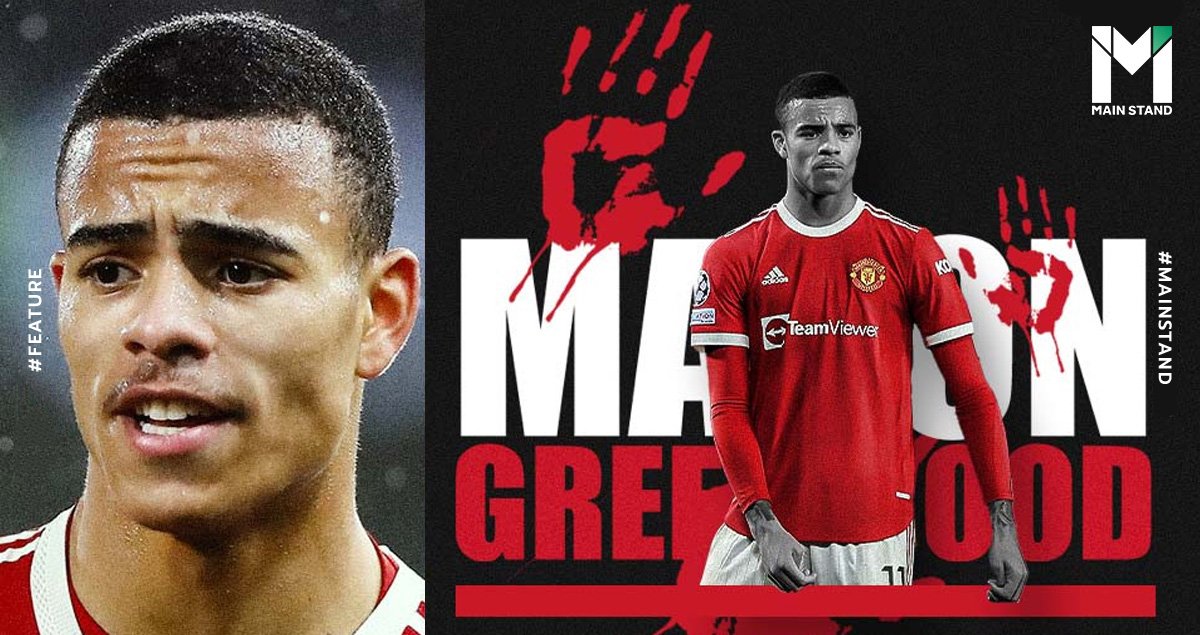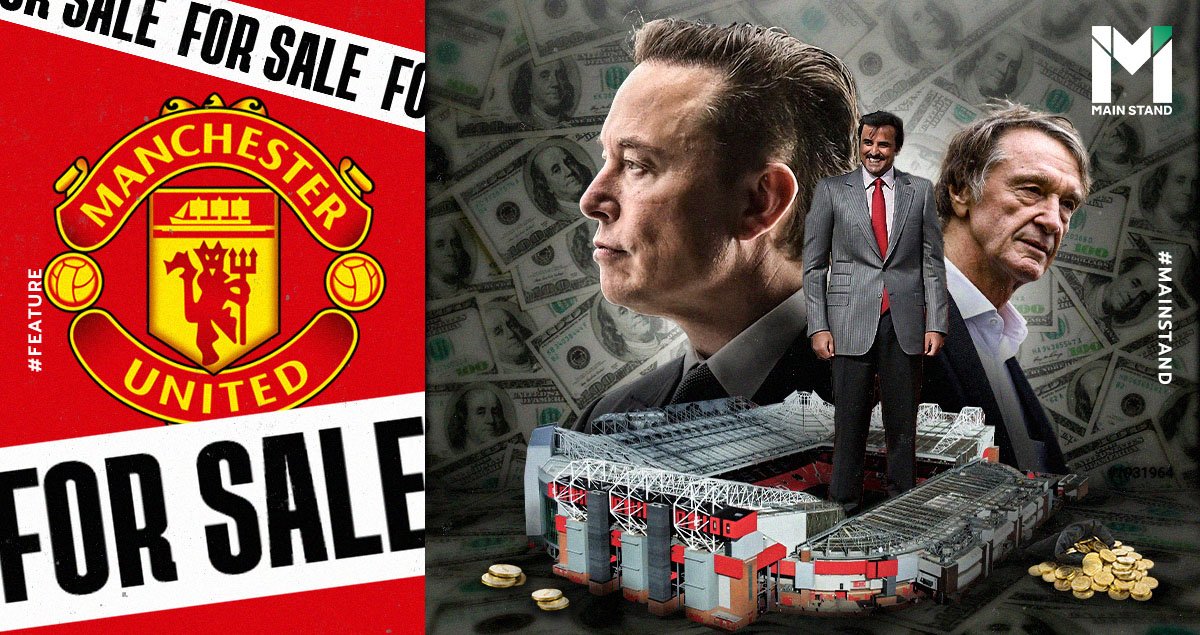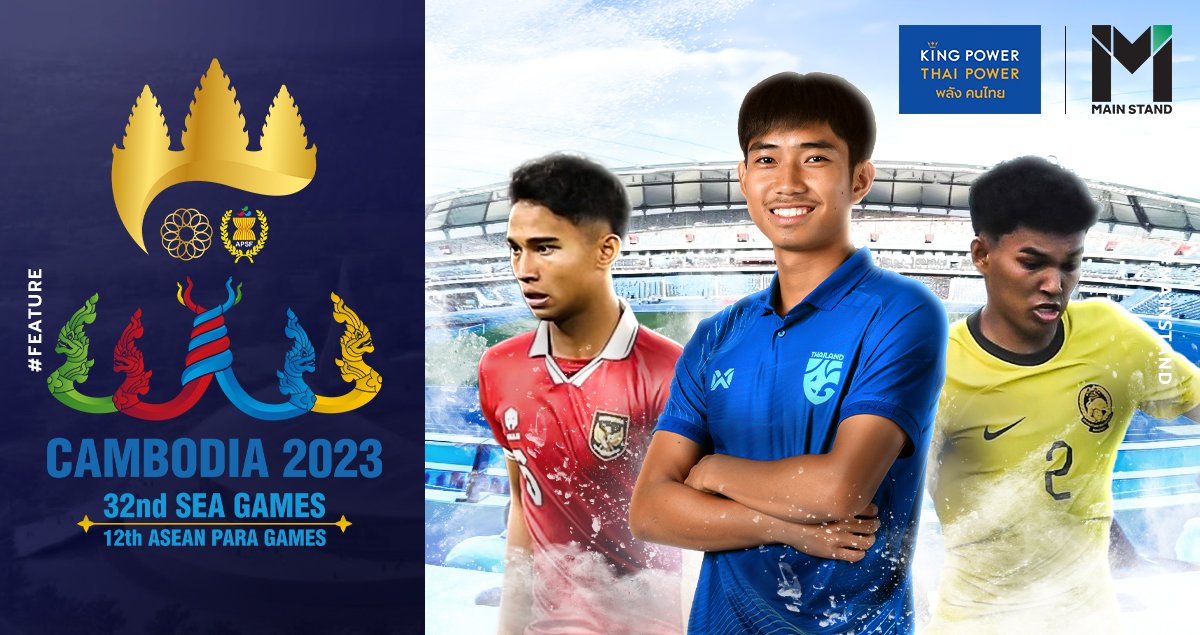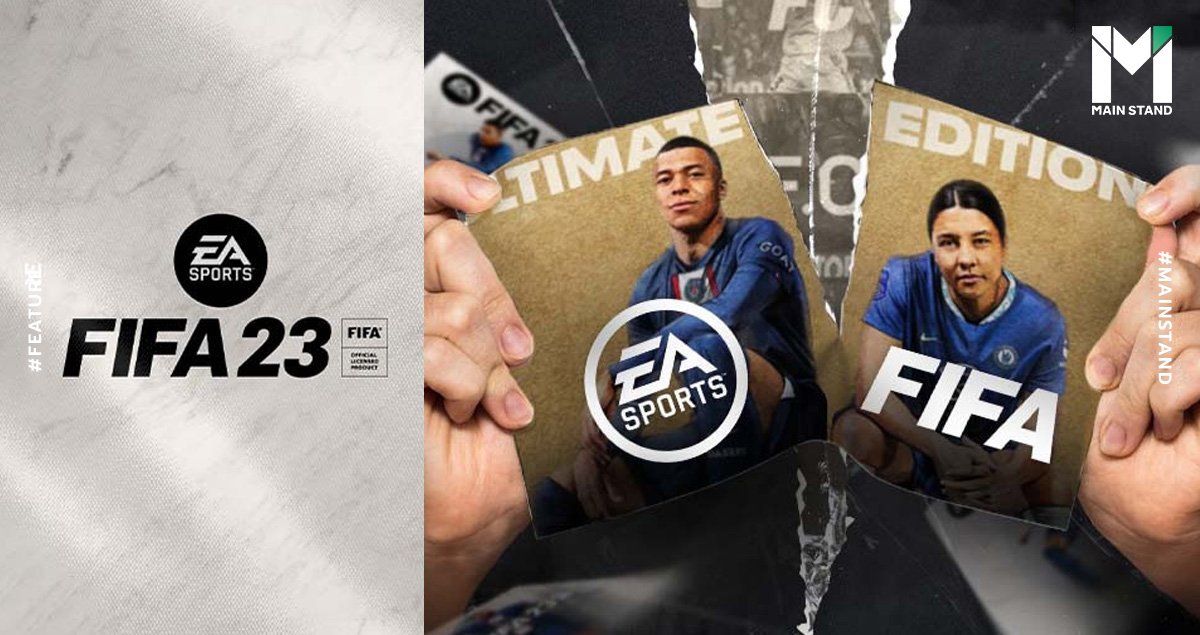
When we think about the most successful video game franchises in the world, the FIFA series from EA Sports is undoubtedly up there. Not only popular among football fanatics, the game is played by people across the globe and earns more than 1 billion dollars in revenue each year.
After an incredible, multi-decade run, the FIFA franchise has come to a stunning and abrupt end as EA Sports have chosen not to continue its deal with world football’s governing body. Instead, in a shocking change, the developer announced it will continue future installments of the franchise under the name ‘EA Sports FC.’
Main Stand will guide you through the source of this conflict, and how it has brought a long-standing and successful partnership to its end.
The long-standing relationship
The relationship between EA Sports and FIFA for over 30 years has largely been about business. Looking back to 1993, when EA Sports had a plan of developing their own football game, they saw FIFA only as a marketing tool.
Back then, EA Sports was focusing on creating video games for the sports that are popular in the United States, such as American Football or Ice Hockey. Those markets were already quite big at the time, propped up by a strong interest domestically. The developer started its football game as a side project, not expecting it to be successful.
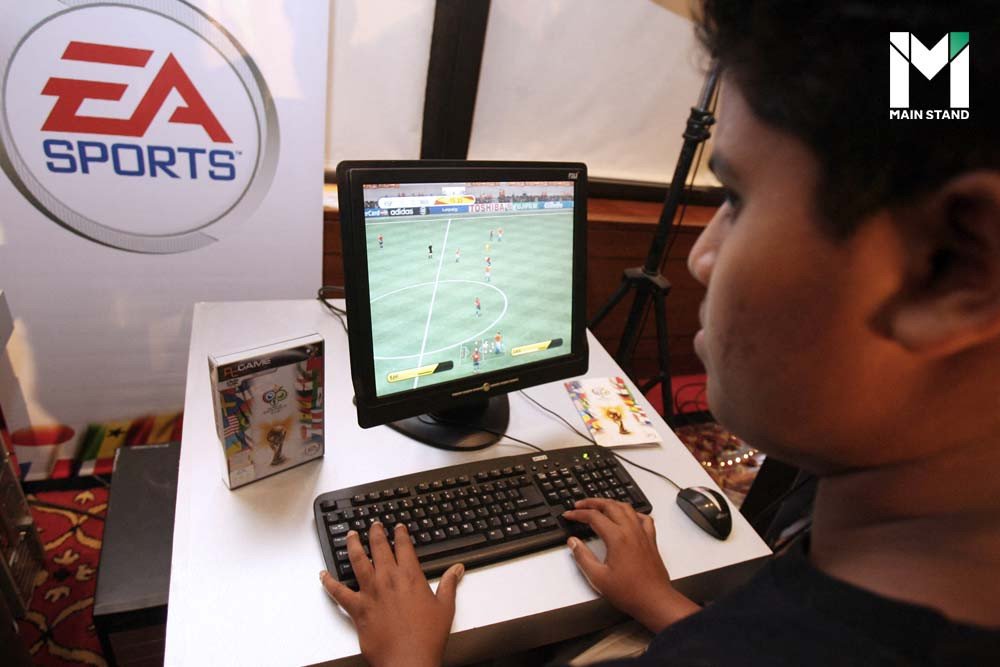
In order to make their games sell, EA Sports had the vision to see that licensing with a major association in the sport was the key. They hit a similar jackpot with their MADDEN NFL or with NHL games, for example, due to the recognizability of those leagues. Furthermore, their investment in licensing team logos and uniforms was also a huge bonus.
Coincidently, the world’s favorite sport was just preparing to hit EA’s domestic market, as the United States was set to host the FIFA World in 1994. EA Sports decided to negotiate with FIFA in Switzerland, and they were successful in attaining the right to develop games under their trademark. The first ‘FIFA International Soccer’ game hit the market in December 1993.
EA Sports initially signed a five-year contract with FIFA and extended the deal several times in 1998, 2006, and 2013. The two organizations stuck together through thick and thin, from when they were smaller than competitors Pro Evolution Soccer (made by Konami), until today, where they are one of the world’s largest video game franchises.
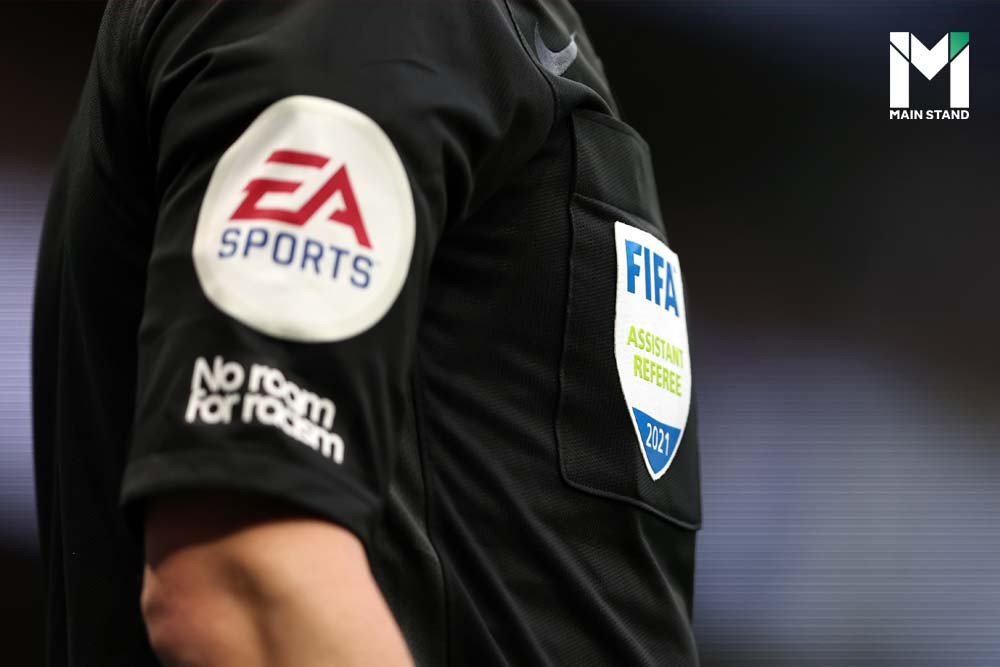
However, relationships that are driven only by business benefits don’t tend to last forever.
Both parties thought they should be entitled to a larger share of the profits, and were unable to come to an agreement. FIFA thought that they deserved more money from the expansion of the digital market, while EA Sports thought that their game was already an all-time hit and no longer needed to associate with the Swiss-based organization.
Splitting with more money in their pockets
It is not unreasonable that EA Sports and FIFA both looked out for their own pockets rather than for each other. In the view of FIFA, they saw that dealing with their 30-year business partner became a cage that held them from doing digital business with other companies.
As a result, FIFA upped their licensing costs for the next renewal, requesting $300 million USD per year, double the parties’ previous contract. There were also reports that suggested FIFA was only willing to do four-year contracts, in order to force a renewal every World Cup.
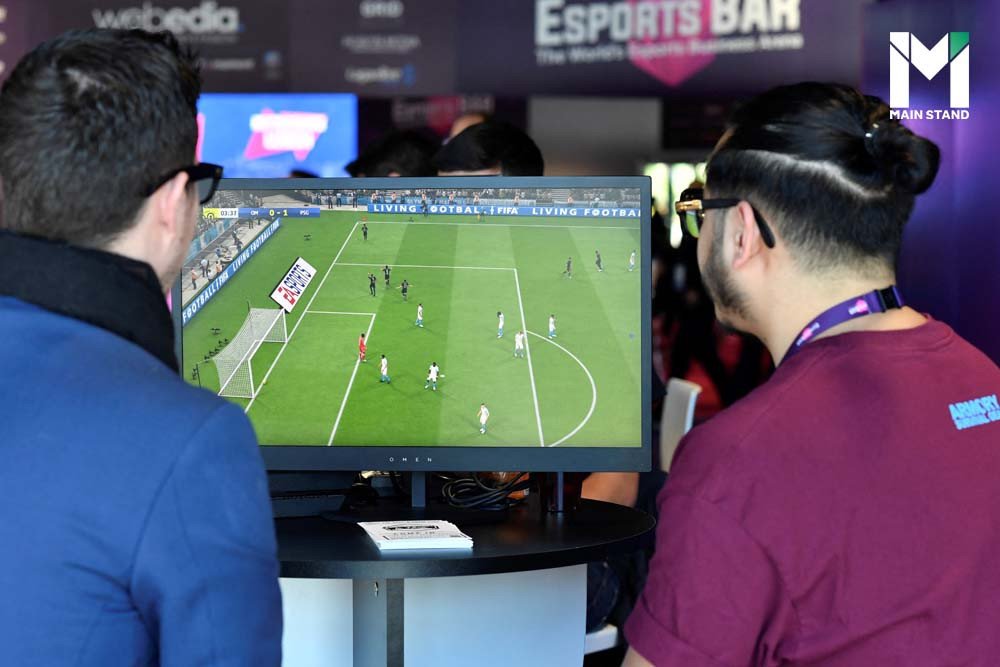
Meanwhile, EA Sports were also determined to expand its own franchise after making over a billion dollars in profit in 2021. They wanted more freedom to push into new directions, by organizing esports tournaments or creating NFTs (non-fungible tokens) from their games. Unwilling to sit through FIFA bureaucracy, the partnership suddenly became less appealing to them as well.
Furthermore, EA Sports also realized that the real reason many people play their games is no longer because of the tag ‘FIFA’. Instead, they have perfected their own formula for hooking in players, such as Ultimate Team, the mode that allows players to create their own dream teams and nets EA tremendous profits through microtransactions.
Lastly, their presence in the market means that they no longer need to rely on the influence of FIFA to get licensing deals with teams and leagues around the world. Even without the governing body, EA Sports FC will move on with the license of 19,000 footballers, 700 teams, and 30 leagues of football in their own hands. Currently, they have confirmed deals with Premier League, La Liga, and UEFA moving forward.
At this point, many would be curious - if EA Sports could stand on their own for so long, why end the deal with FIFA now? The reality is, if it was solely on EA Sports’ terms, they would actually want to carry on their deal with FIFA. Nobody knows how the disappearance of the word ‘FIFA’ from their game will impact their presence in the market. However, after a six-month negotiation ground to a halt, the American developers realized that it may be best to move on.
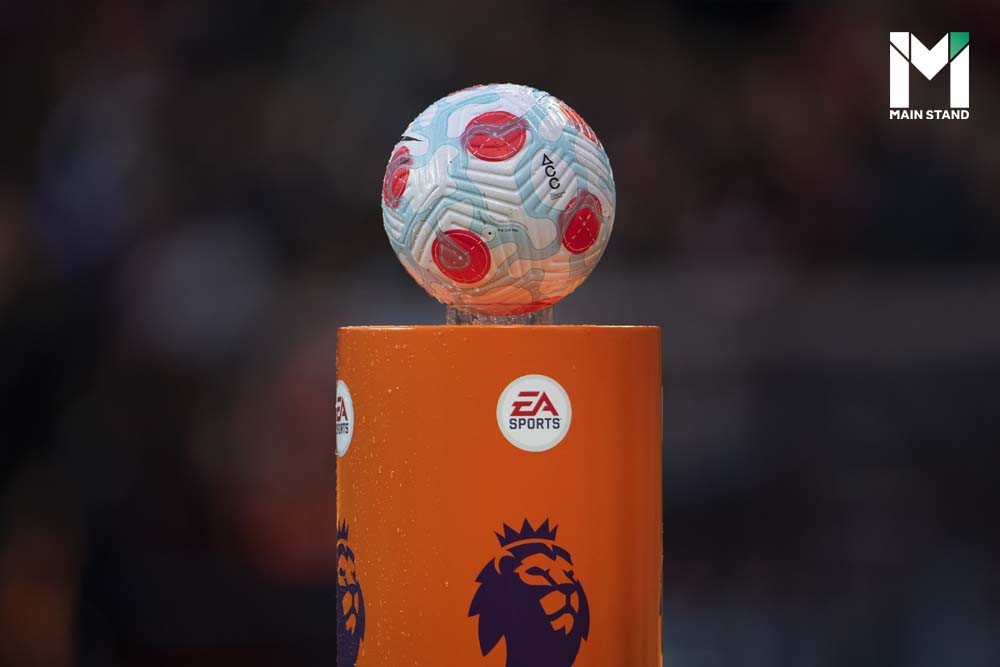
This is not the first such split in the industry. Sports Interactive, the developer of Championship Manager (CM) famously split up with former publisher Eidos in 2013 and went on to make the renowned Football Manager (FM) franchise. Despite starting fresh with a brand new name, SI came out comfortably on top with a game that is now beloved by football fanatics across the planet. EA Sports will be encouraged by this, as history shows that quality beats out branding in the football game market.
EA Sports is quite positive that they will be able to move on without FIFA, due to the proven success of the formula that they’ve developed over the past 30 years. Add to that the greater creative freedom and money saved on licensing fees, and EA Sports has nothing to fear when heading into this new era.
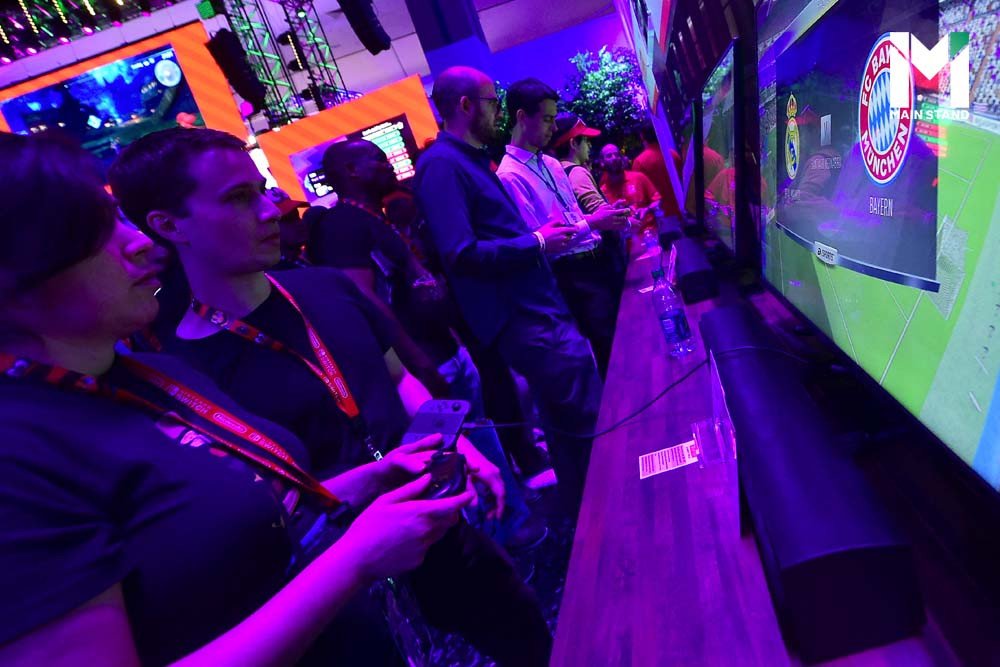
FIFA, meanwhile, doesn’t have any need to crawl their way back to EA Sports either. Unlike the game developer, FIFA has no sunk cost in creating the game and thus has no threat of running a loss. They also retain the license to their own World Cup, the world’s most watched sporting event, which they could easily sell to another game developer if they feel so inclined.
Though shocking, the breakup of EA Sports and FIFA is completely understandable from a business perspective.
Meanwhile, we players probably don’t have too much to worry about, as EA Sports are determined to keep on publishing quality video games. The user experience is unlikely to change much, from the game modes to the club and league licensing. If anything, the possibility of getting two competing franchises (if that comes to fruition) could be exciting.
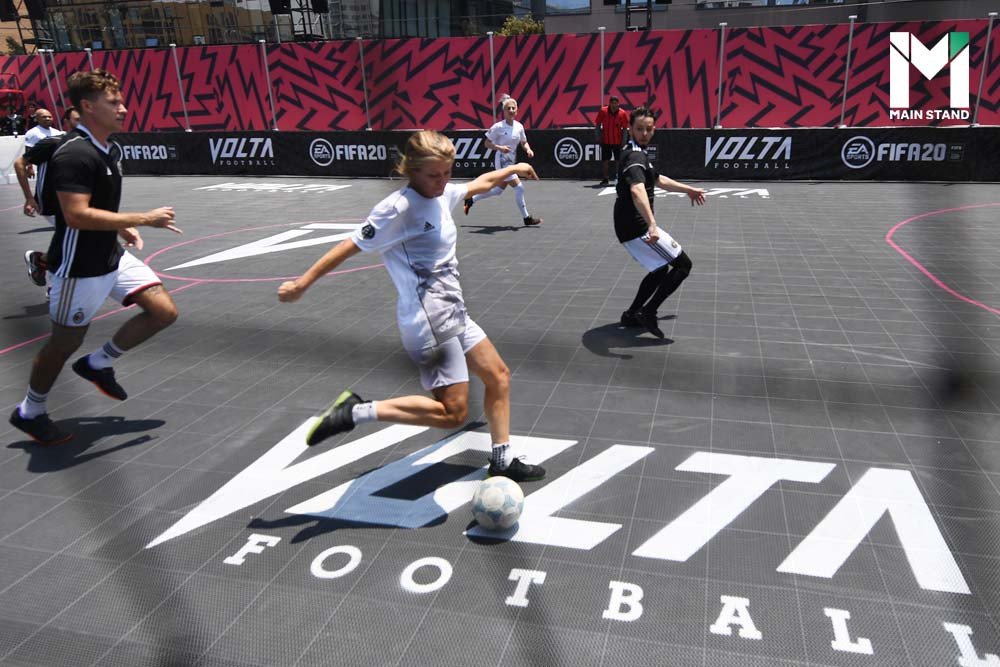
This is a revolutionary change in the football video game market, but there’s a good chance that both organizations and customers can all come out as winners.
Sources:
https://www.sportspromedia.com/analysis/fifa-ea-sports-fc-split-video-games-explainer/
https://www.bbc.com/news/entertainment-arts-61383672
https://www.eurogamer.net/new-report-says-fifa-wants-more-than-double-from-ea-to-renew-license
rather than losers.




